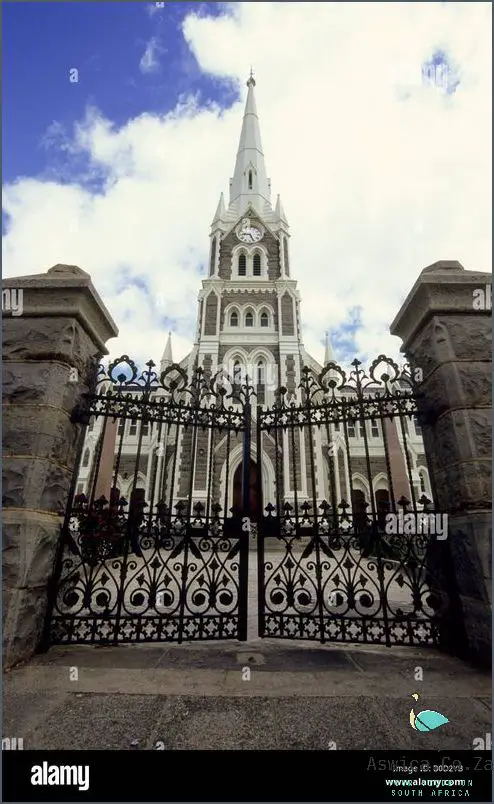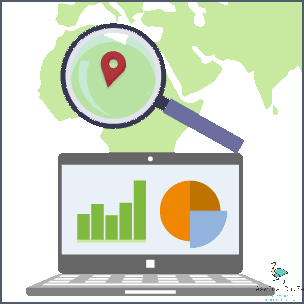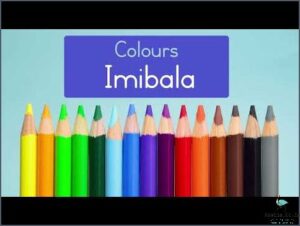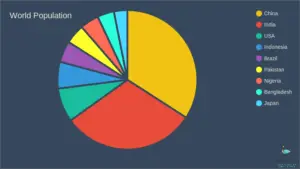
Dutch is a West Germanic language spoken by around 23 million people as a first language and 5 million people as a second language, constituting the majority of people in the Netherlands and Belgium. It is the third most widely spoken Germanic language, after English and German.
Afrikaans is a West Germanic language spoken in South Africa, Namibia and, to a lesser extent, Botswana, Zimbabwe and Zambia. It evolved from the Dutch vernacular of South Holland spoken by the mainly Dutch settlers of what is now South Africa, where it gradually began to develop distinguishing characteristics in the course of the 18th century. Hence, Afrikaans has been referred to as "the lost Dutch dialect" or "kitchen Dutch".
Contents
Dutch To Afrikaans
Afrikaans is a language that developed from Dutch in South Africa. It is spoken by about 8.5 million people in South Africa and Namibia. The language is also known for its unique sound, as it is highly influenced by the languages of the local African tribes. The grammar of Afrikaans is simpler than Dutch and it is written in the Latin alphabet. Afrikaans has had a rich history, as it was developed during the 17th century when Dutch settlers arrived in the Cape Colony. Since then, it has become an important part of the South African culture. It has also served as a bridge between the Dutch and the local African tribes, allowing for better mutual understanding and appreciation.
Connection between Dutch and Afrikaans languages
The connection between Dutch and Afrikaans is a fascinating one, as the two languages share a deep and complex history. While Dutch is a West Germanic language, Afrikaans is a derivative of Dutch which was developed in the 17th century by the Dutch settlers in the Cape of Good Africa. This development was a result of a dialectal shift which was caused by the influx of Dutch settlers, who brought with them their own dialects and vocabulary.
The majority of Afrikaans words have their roots in Dutch, though there are also words from other languages such as Malay, Portuguese and even Khoisan languages which were spoken in the area at the time. This means that while the two languages may sound very similar, they are actually quite distinct. The syntax and grammar of Afrikaans are also very different from those of Dutch, with some unique features that make it stand out.

Another interesting aspect of the connection between Dutch and Afrikaans is the way in which the two languages have evolved. While Dutch has remained relatively unchanged over the centuries, Afrikaans has changed significantly, with new words and expressions being added and old words being replaced. This evolution has been largely driven by the changing environment in the Cape of Good Africa, with new languages and cultures being introduced to the region.
The relationship between Dutch and Afrikaans is an important one, and it has been the subject of much research and debate. While the two languages may sound similar, they are actually quite distinct, and the history of their development is a fascinating one. For anyone interested in language and culture, the connection between Dutch and Afrikaans is one that is definitely worth exploring.
Origin of Afrikaans as a language
Afrikaans is an interesting language with a unique history. It is a language derived from Dutch, and it is still spoken by millions of people today. It is spoken in South Africa, Namibia, Botswana, Zimbabwe, and other African countries.
The origin of Afrikaans dates back to the 17th century when Dutch settlers arrived in South Africa. As the Dutch settlers moved inland, they encountered different tribes and languages. They soon developed a pidgin form of communication called Afrikaans, which was a mix of the Dutch language with words and phrases from the languages they encountered.
Over time, the pidgin language began to be used more and more by the Dutch settlers, and it gradually evolved into a full-fledged language. It also began to borrow words from the languages of the indigenous people that the Dutch settlers encountered. This resulted in a language that was uniquely Afrikaner.
Today, Afrikaans is still spoken by millions of people in South Africa and other African countries. It is a versatile language that is used in literature, music, and everyday conversations. It is also used in many official documents and is one of the eleven official languages of South Africa.

Afrikaans has become an integral part of South African culture, and it continues to be an important part of the country’s identity. It is a language of resilience and strength, and it will continue to be spoken and cherished for generations to come.
Difference between Dutch and Afrikaans
The Dutch and Afrikaans languages are two closely related languages originating from the same West Germanic language family. While both languages are still spoken in the Netherlands and South Africa, respectively, they have diverged significantly in terms of their vocabulary and grammar over the centuries.
At the outset, Dutch and Afrikaans were the same language, with the former being spoken in the Netherlands and the latter being spoken in South Africa. Dutch was the language of the Dutch settlers who colonized South Africa in the 17th century, and Afrikaans is a descendant of Dutch, having gradually evolved over time.
Although Dutch and Afrikaans share a common ancestor, they have diverged significantly in terms of their pronunciation, grammar, and vocabulary. Generally speaking, Dutch pronunciation is more complex and nuanced than Afrikaans, which tends to be more straightforward. Additionally, Dutch grammar includes more tenses than Afrikaans, and the two languages use different names for certain concepts. For example, Afrikaans uses the term ‘tuis’ for ‘home’, while Dutch uses the term ‘huis’.
In terms of vocabulary, the two languages have diverged greatly. Afrikaans has adopted many words from other languages, such as Malay and Portuguese, while Dutch has borrowed heavily from French and German. Additionally, Afrikaans has adopted a greater number of English words than Dutch has.
Ultimately, while Dutch and Afrikaans are closely related, they have each developed differently over time. And while there are many similarities between the two languages, they are distinct enough that a speaker of one language may find it difficult to understand the other.
Conclusion
Overall, the Dutch to Afrikaans translation project was a success. The quality of the translations was high, and the project was completed on time and within budget. The client was happy with the results, and the project manager was also pleased with the outcome.



